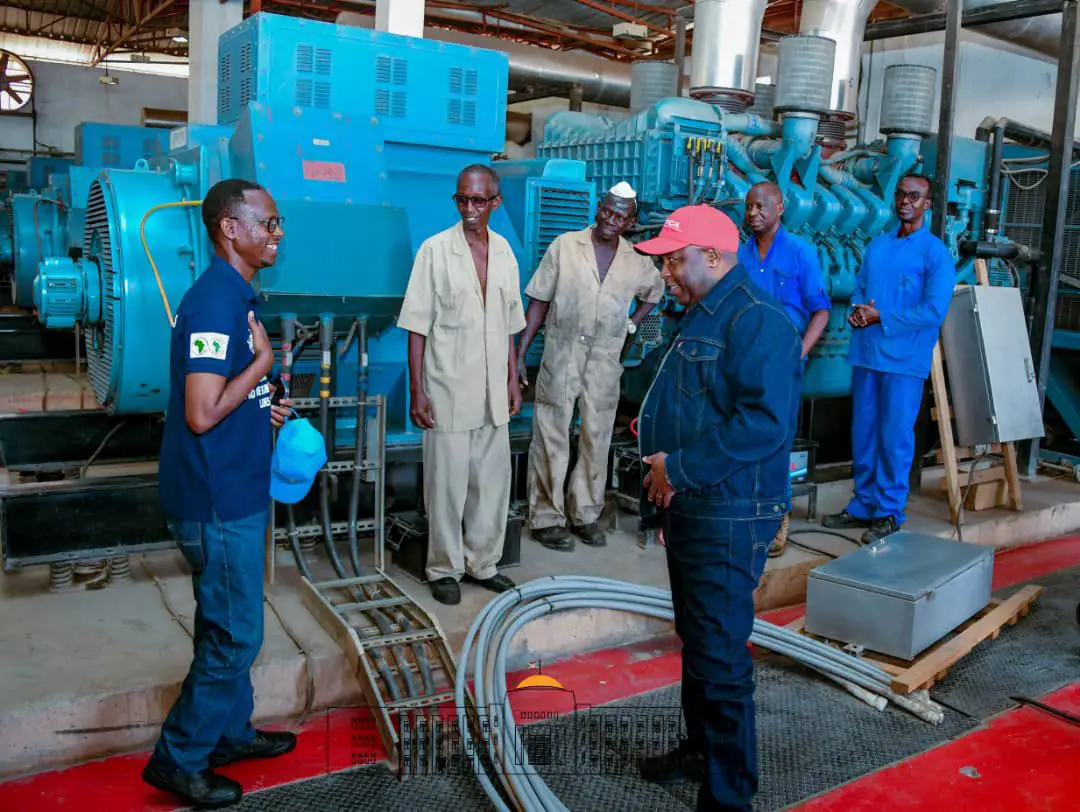Burundi energy politics has been a tense matter and there has never been any agreeable position on how to end the recurrent power shortages.
President Evariste Ndayishimiye on Saturday ordered the reactivation of the 5.5 MW thermal power plant as advised by REGIDESO- the state-run utility company.
According to details from Presidency handlers, Ndayishimiye has also ordered for immediate investigations be carried out why his predecessors made the inexplicable choice to rent another.
Burundi’s power demand has been largely met by hydropower, which has recently been affected by low water levels at a major dam, and electricity imports from the Democratic Republic of Congo.
Power generation will remain vastly inadequate; various estimates suggest that only around 5‑7% of the population has access to electricity.
Switching back on the thermal power plant introduced in 2017, is expected to raise maximum electricity generating capacity to 85 MW from 55 MW, of which currently only 34 MW is actually being produced.
However, his predecessor, Pierre Nkurunziza, had switched off this thermal power plant because of the bad economics attached to its operation.
The new thermal power plant put a substantial burden on Burundi’s already strained international reserves through increased oil import demand.
The generators, at full capacity, consume 150,000-160,000 litres of diesel per day, and REGIDESO estimates that this will add Bufr6bn (US$3.4m) per month to the import bill.
Burundi’s foreseeable struggle in supporting the oncoming inflated import bill moreover the fuel crisis in early 2017 resulted from foreign-exchange scarcity.








